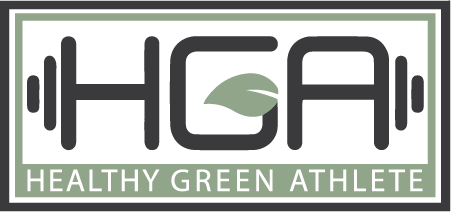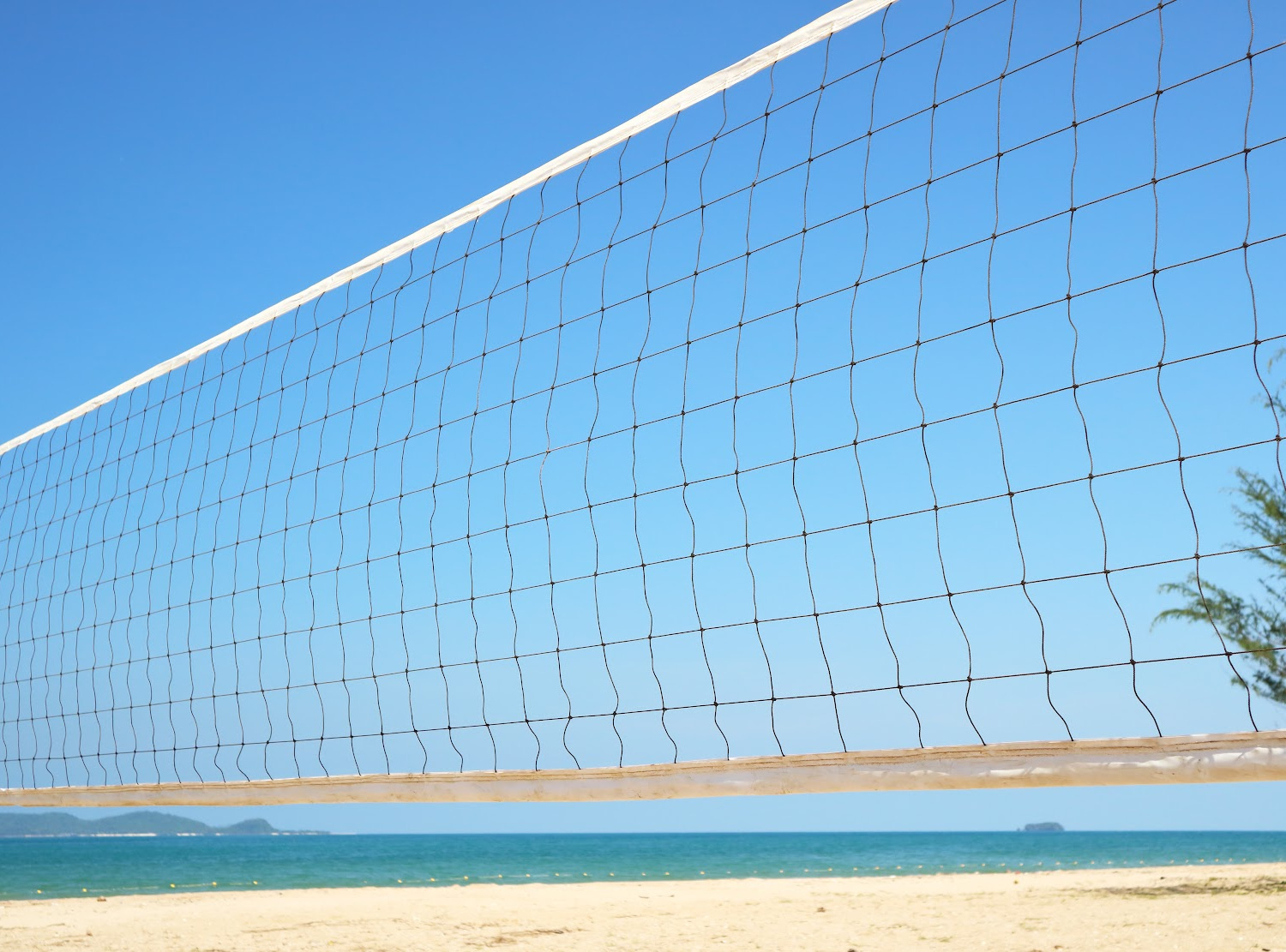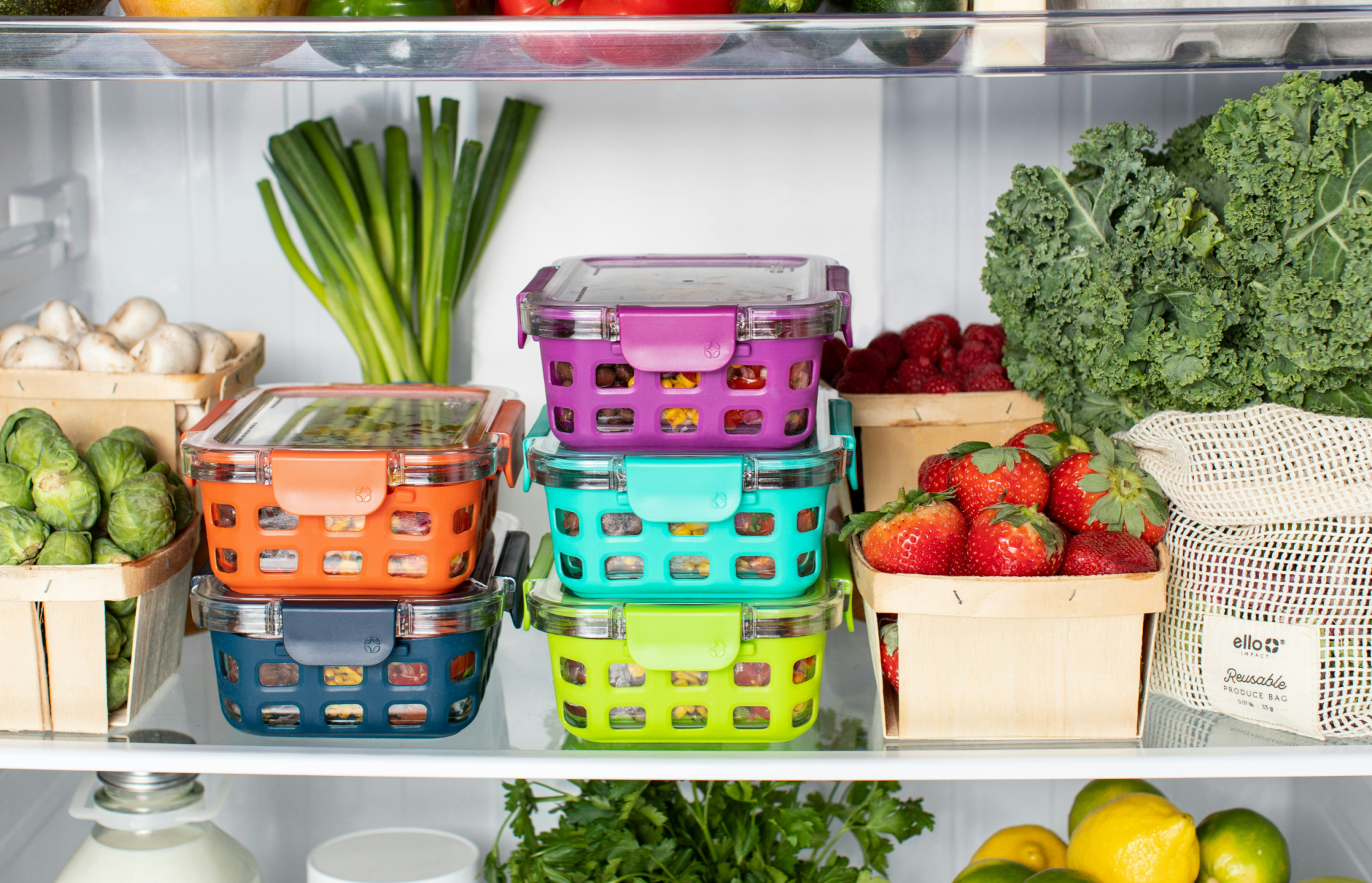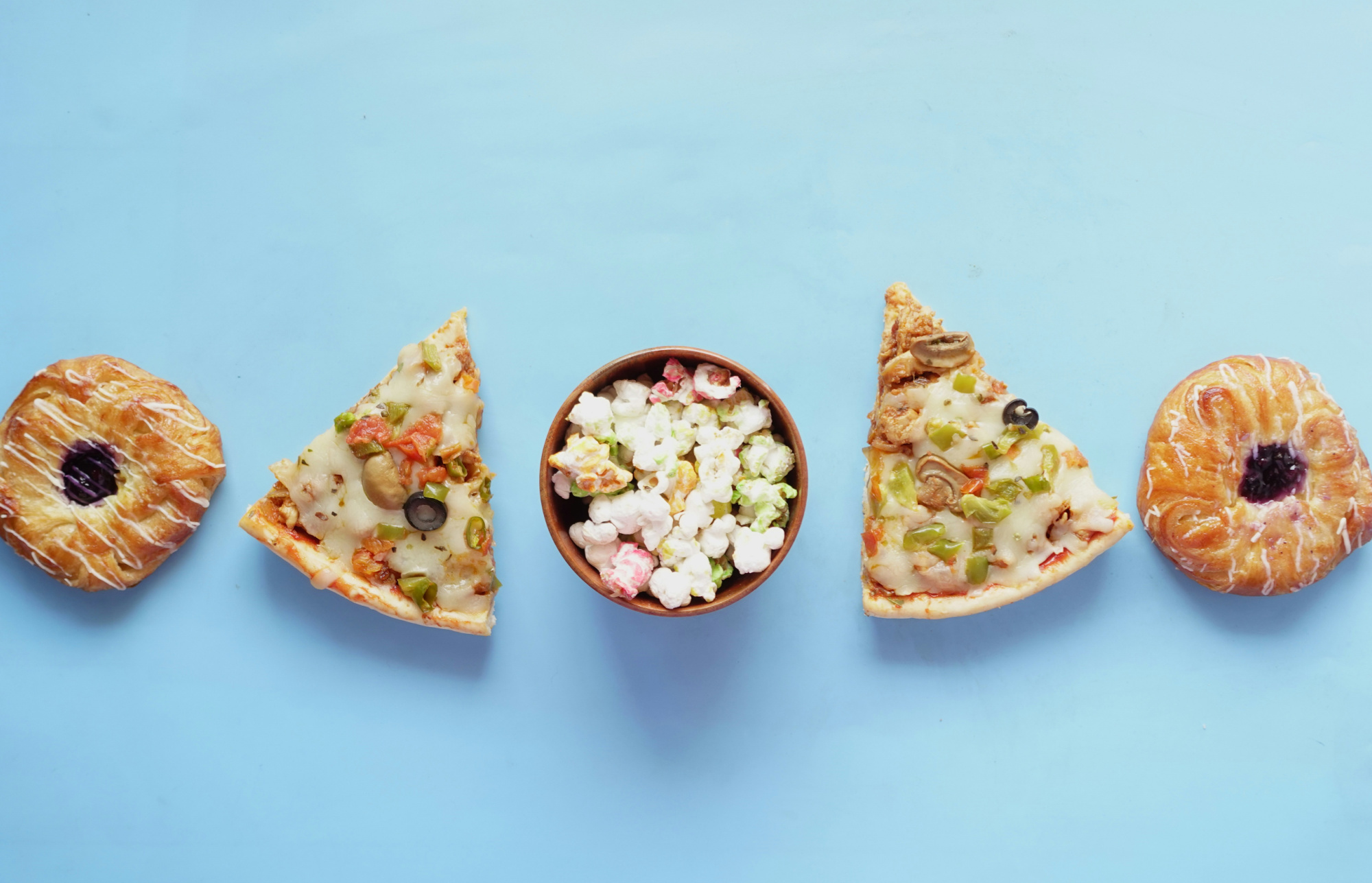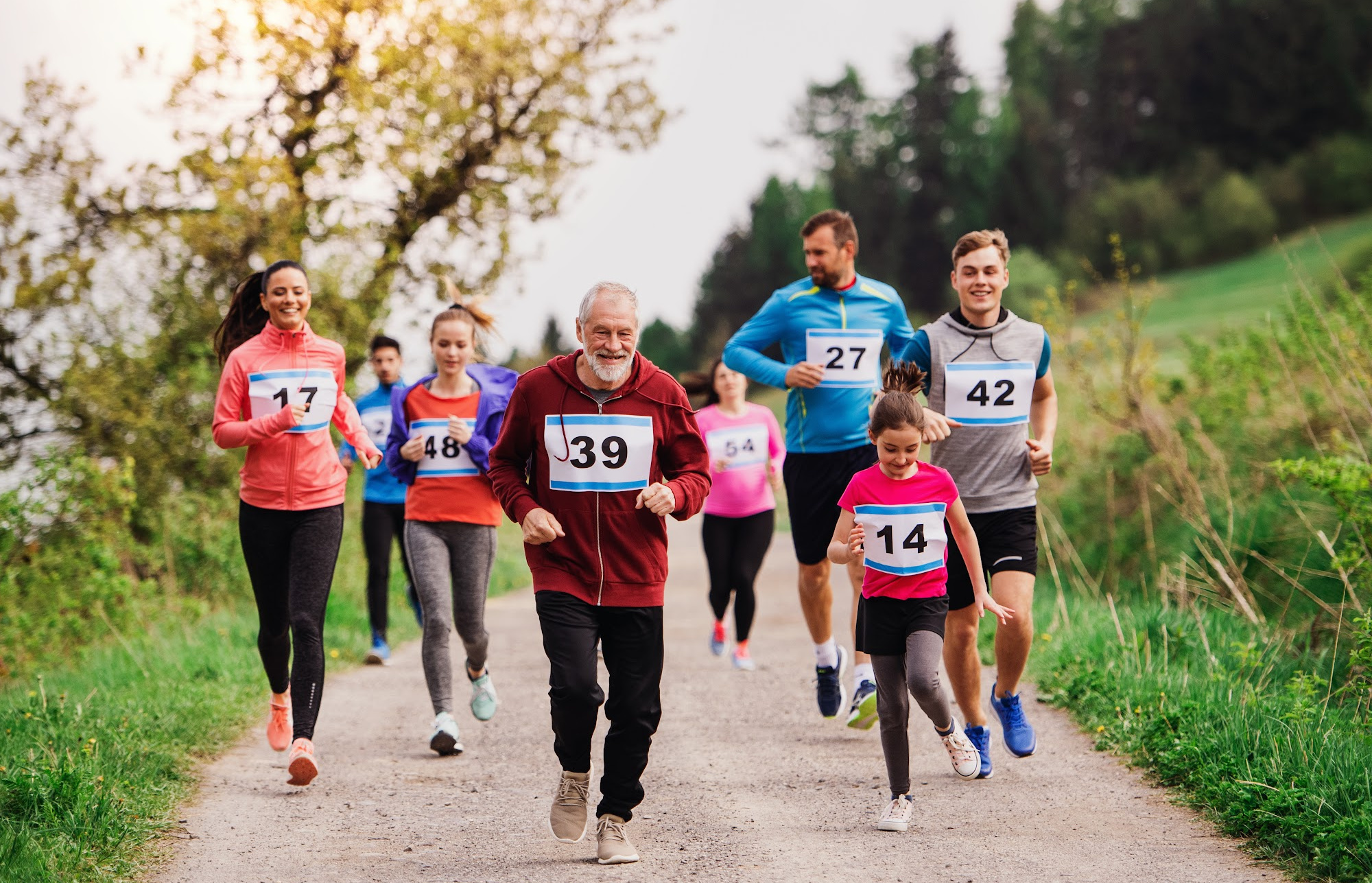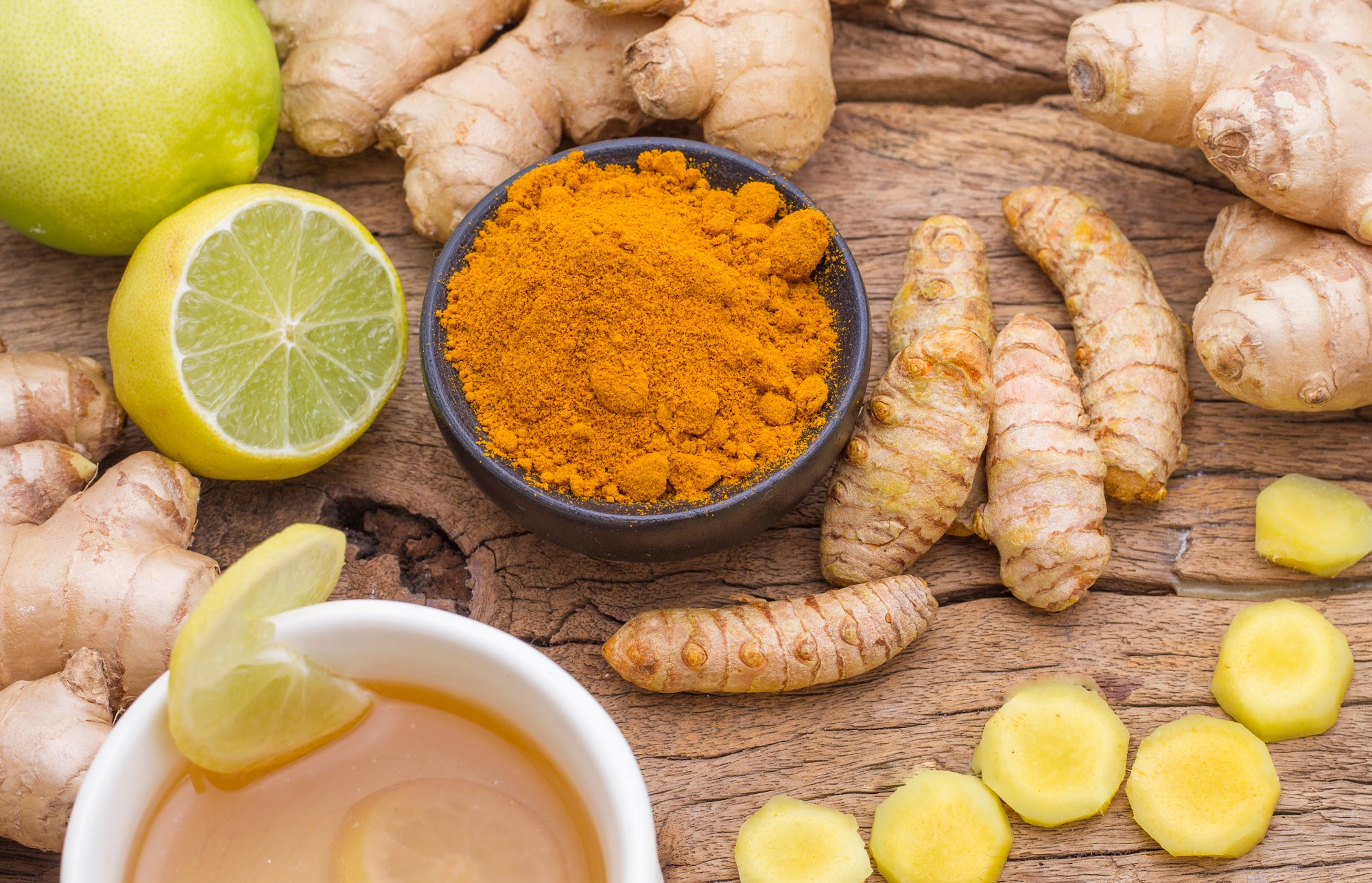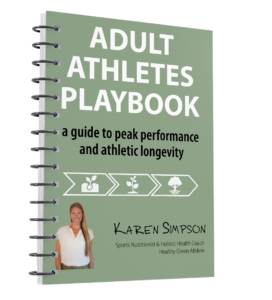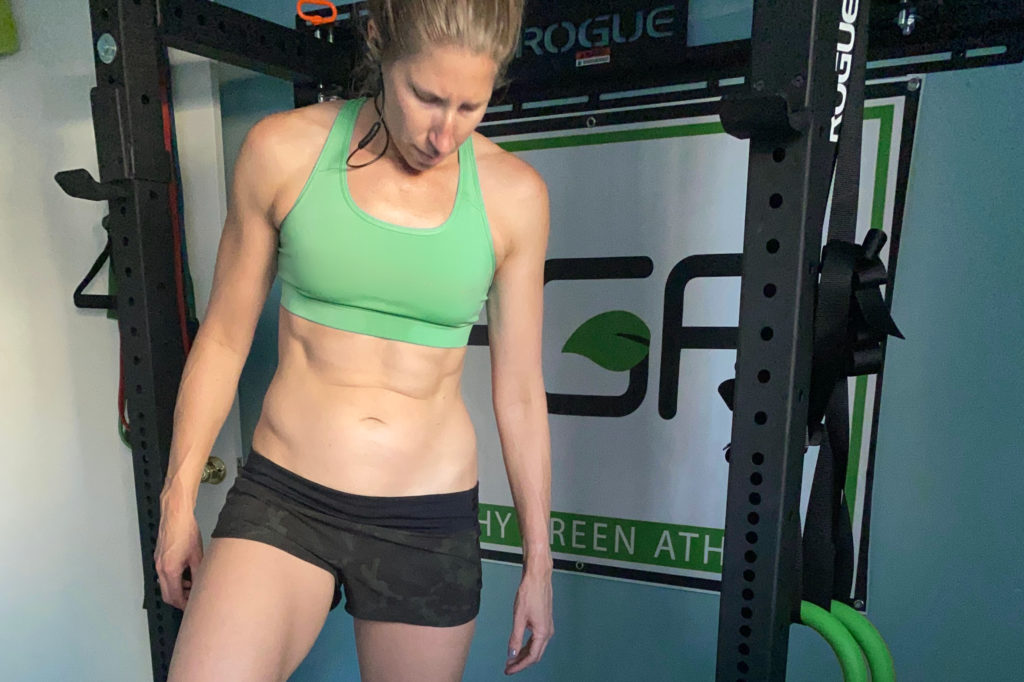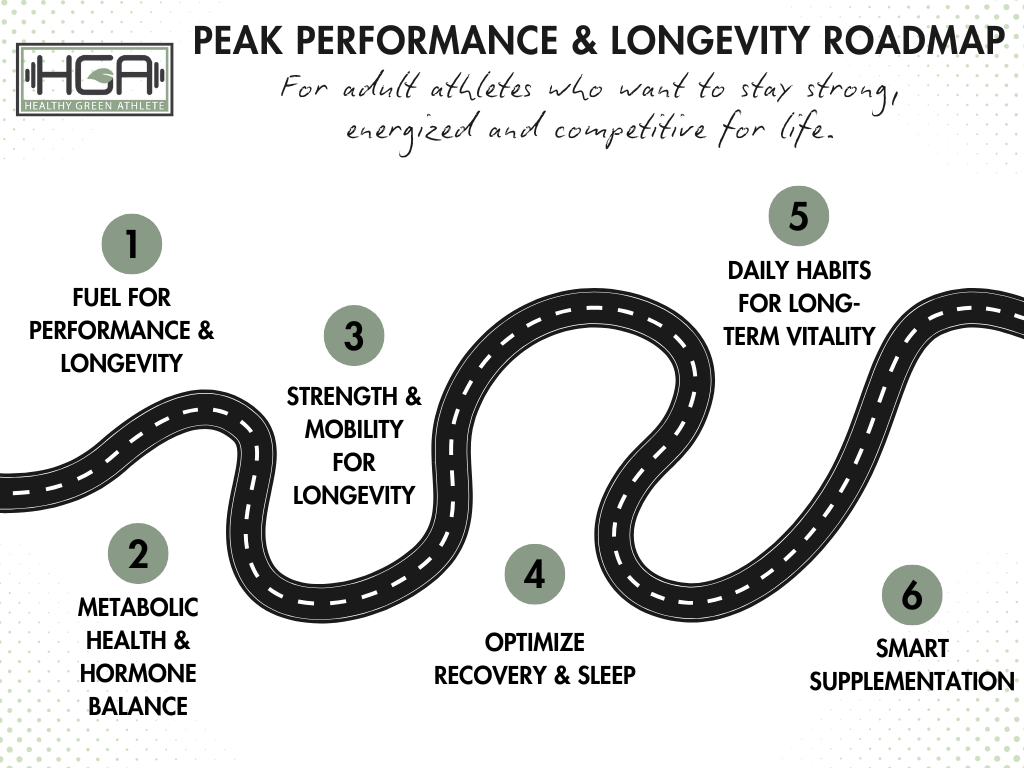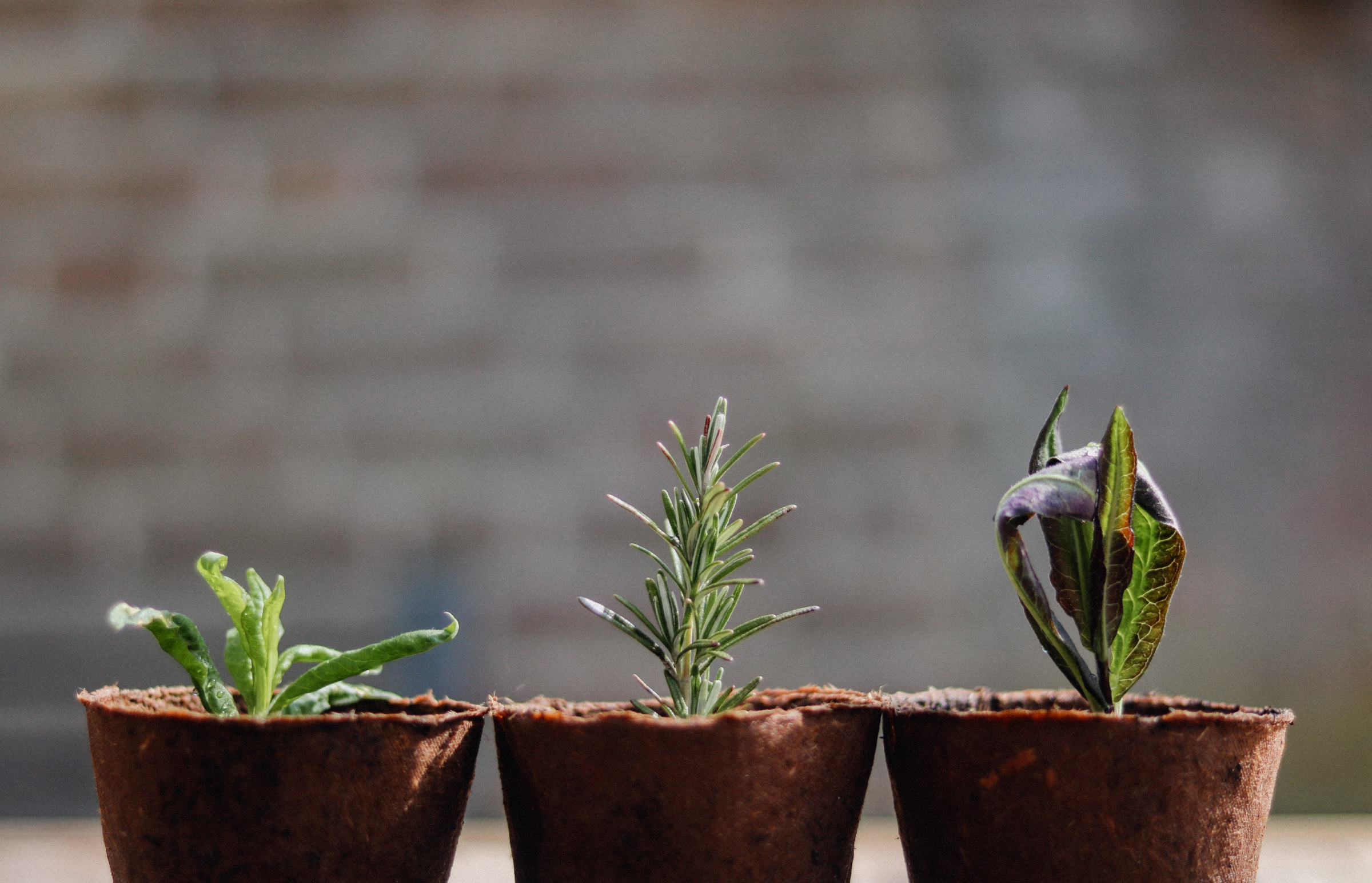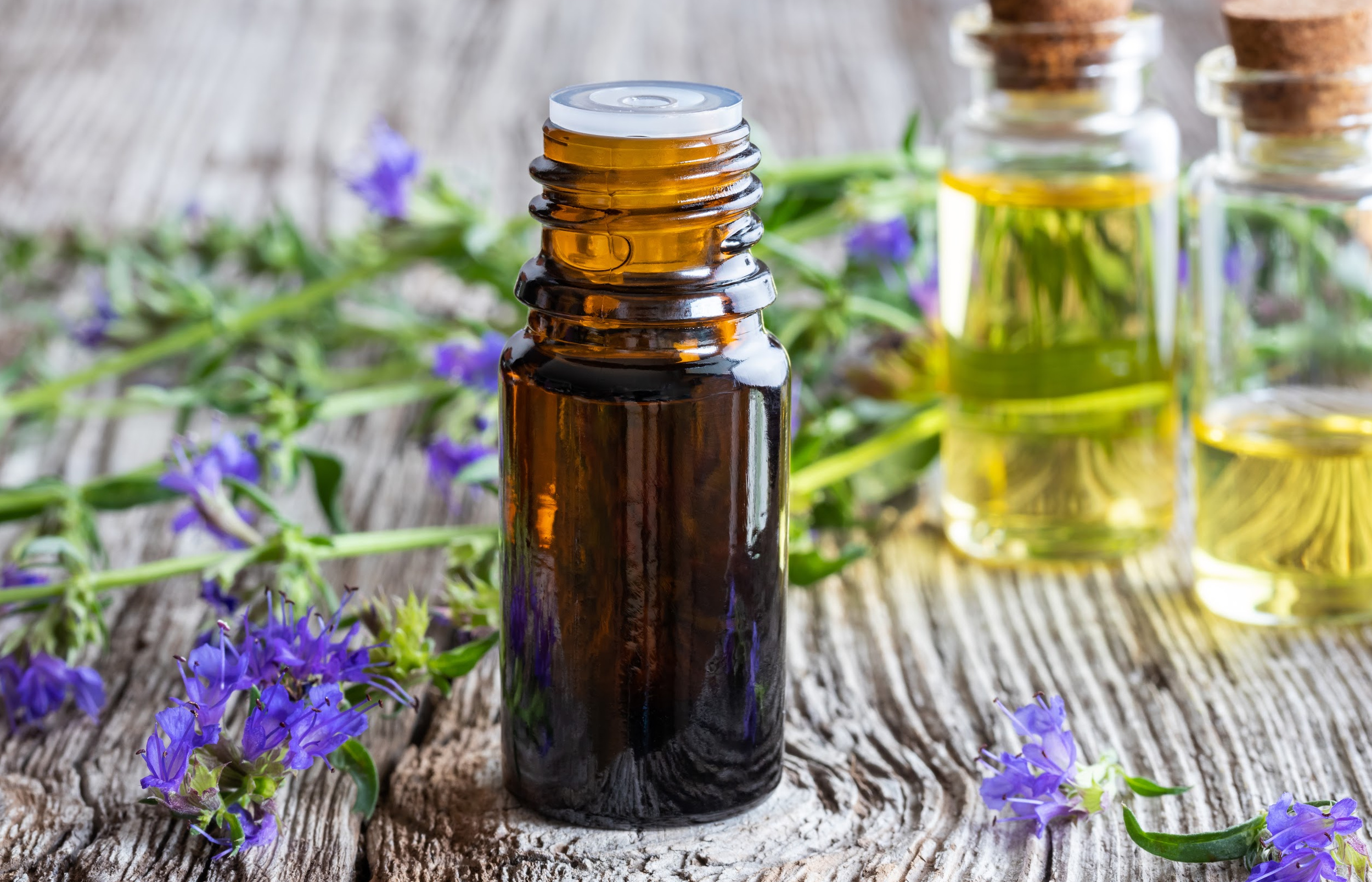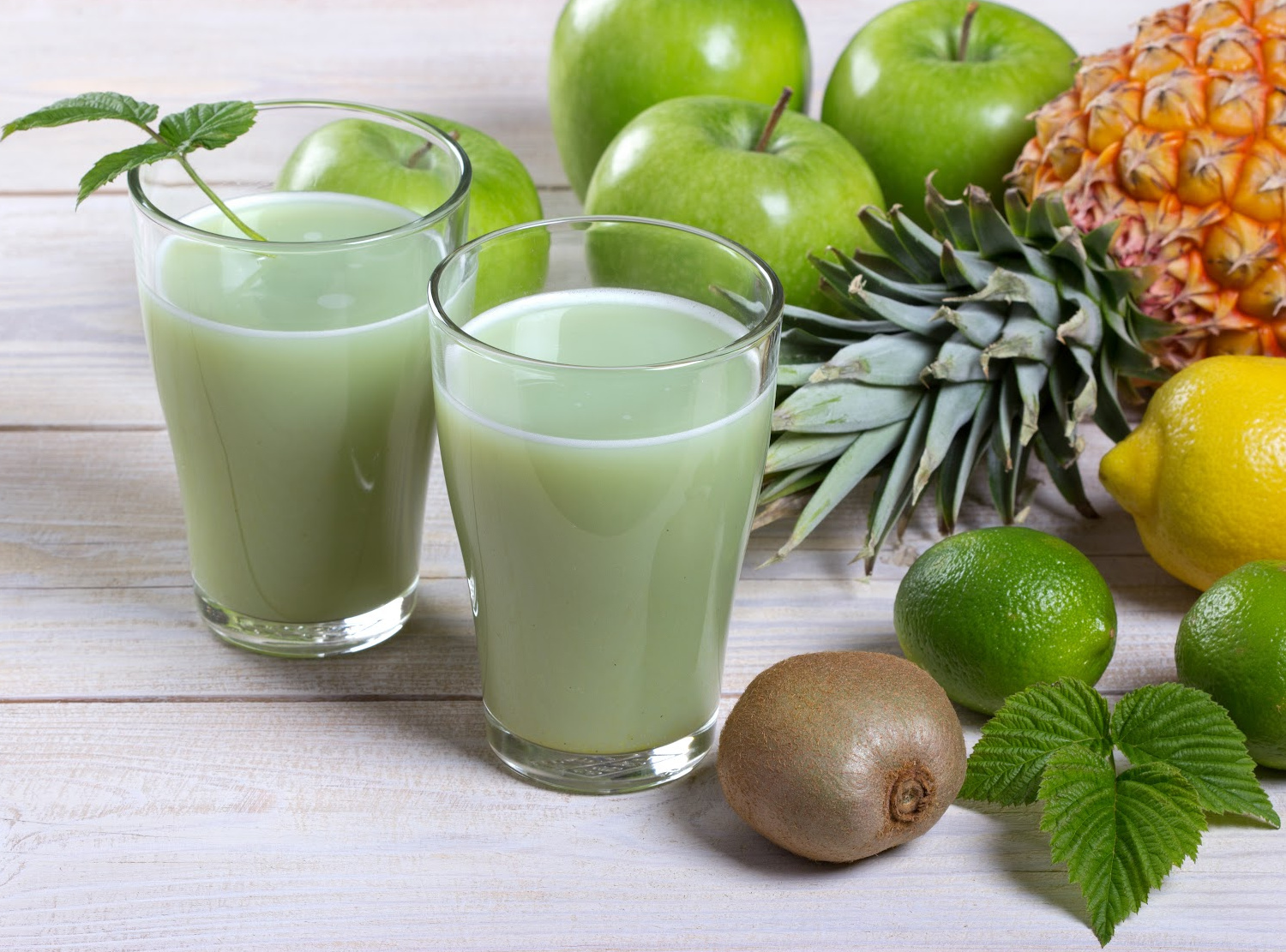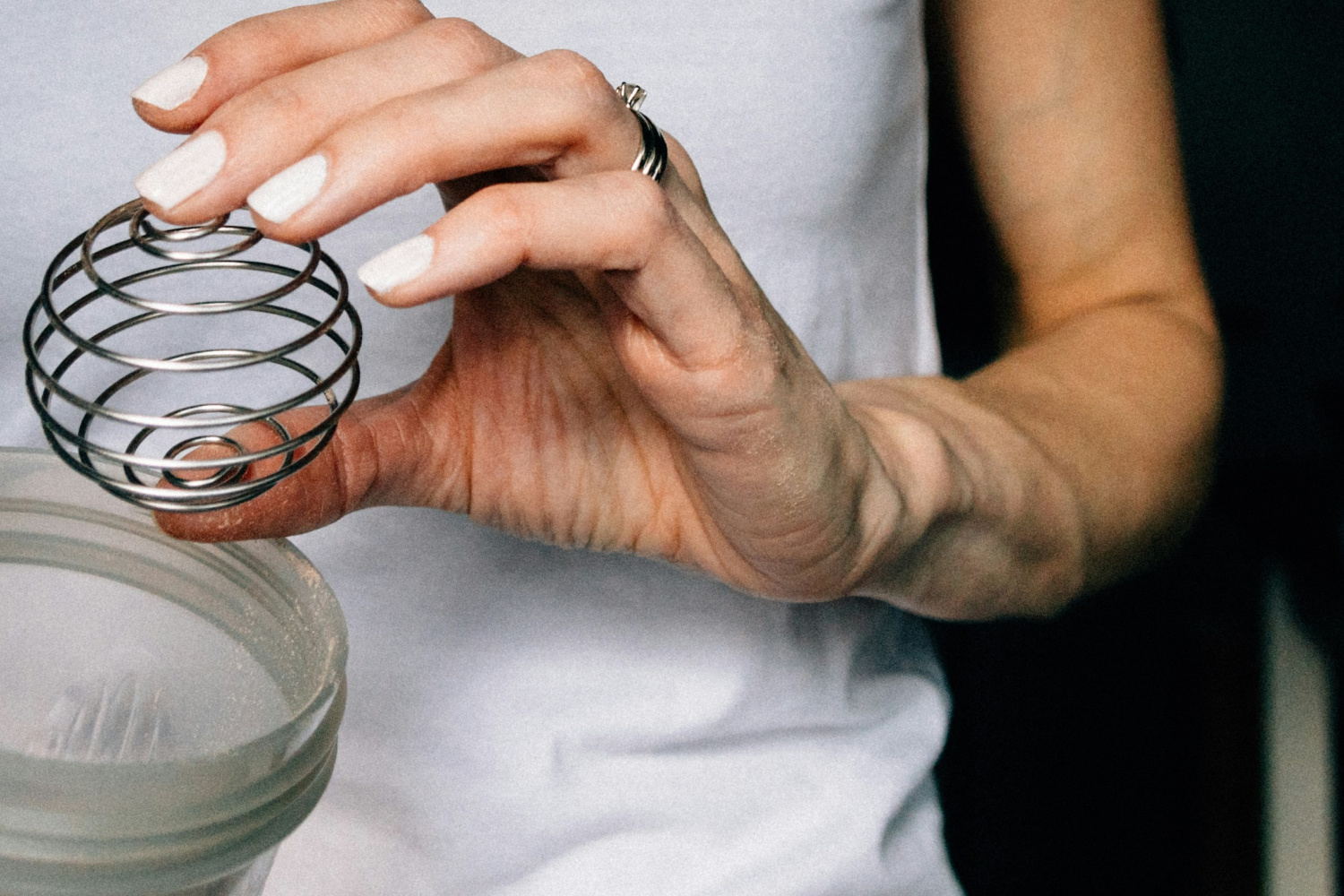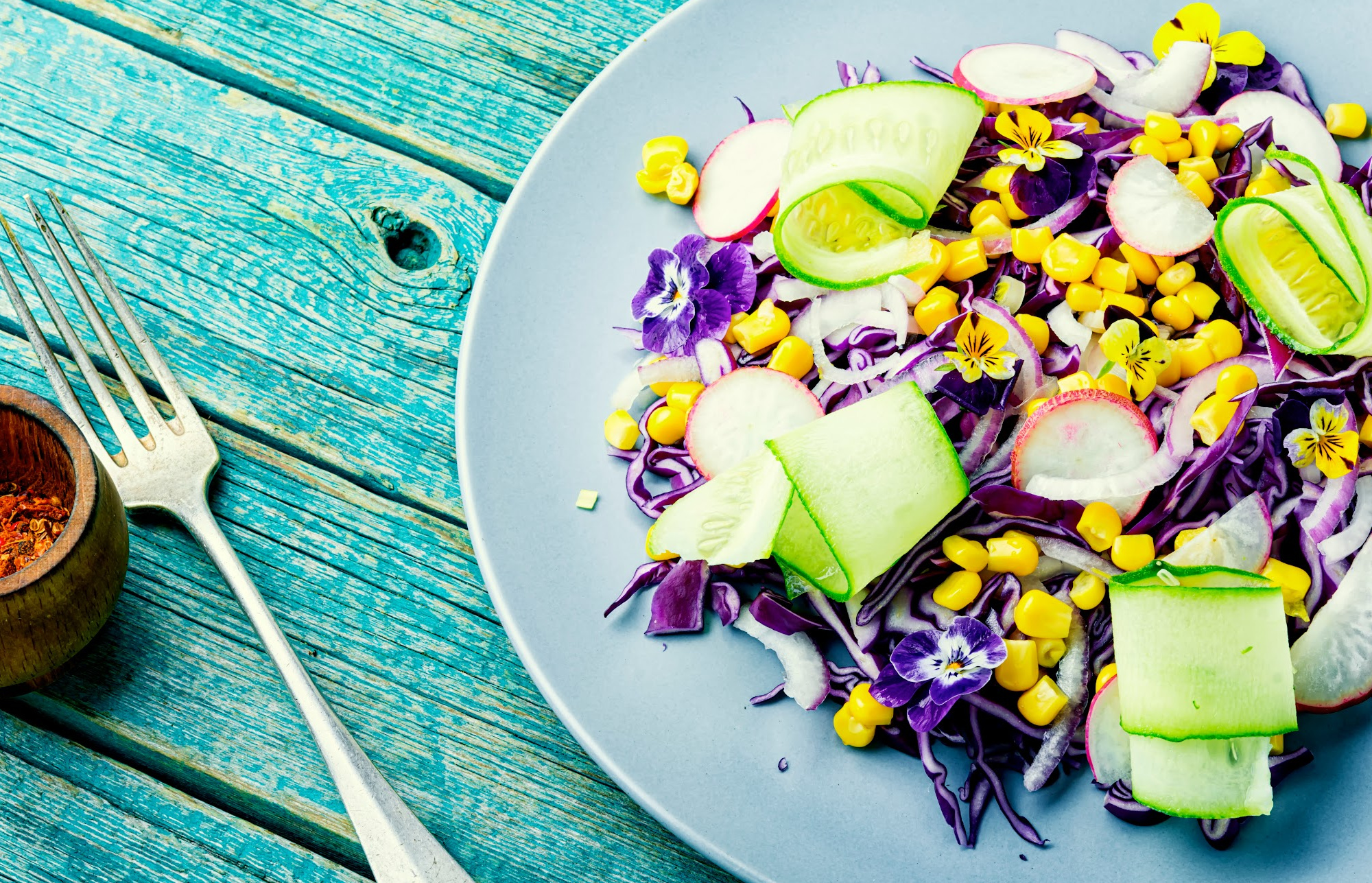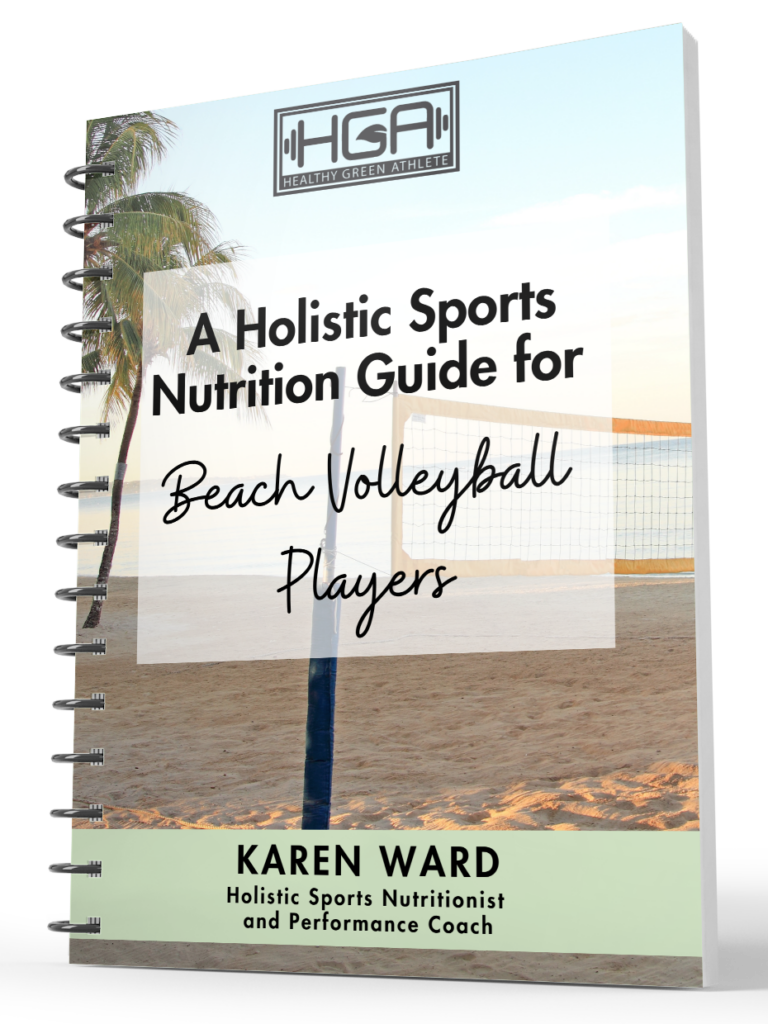
ON SALE for $7.99!
A Holistic Sports Nutrition Guide for Beach Volleyball Players
Elevate your court performance by upgrading your:
- Sport-specific nutrition
- Strength and conditioning training
- Recovery strategies
- Mindset upgrades
- What, when and how much to eat on tournament days
Beach volleyball is an intense, high-energy sport that demands peak physical and mental performance. It requires power, agility, endurance, and quick reaction times.. This makes it critical for athletes like you to fuel your body correctly. Understanding the right sports nutrition can help you maintain energy levels, enhance performance, improve recovery, and reduce the risk of injury. In this post, you’ll learn how support your training and competition with proper nutrition for beach volleyball.
The importance of micronutrients
Your body needs three essential macronutrients for energy: carbohydrates, proteins, and fats. Each of these plays a specific role in helping you meet the demands of beach volleyball.
1. Carbohydrates: your primary fuel source
Beach volleyball relies heavily on the anaerobic energy system. The anaerobic energy system is one of the body’s primary methods for producing energy without the need for oxygen. It’s critical during short bursts of high-intensity activity like those required in beach volleyball. Carbohydrates are stored in your muscles and liver as glycogen, or they can be found in the bloodstream as glucose after digestion.
During high-intensity, short-duration activities, your body rapidly breaks down glycogen into glucose to meet energy demands. This process, called glycolosis, happens without the need for oxygen, making it ideal for fast energy delivery in anaerobic conditions. The glycolytic system can supply energy for activities lasting from around 30 seconds to 2 minutes, which covers the typical length of intense rallies or short bursts in sports like beach volleyball. Once glycogen stores are depleted or lactic acid levels become too high, your body needs to rest and recover, or it switches to aerobic energy production, which is much slower.
A key aspect of your nutrition is to ensure your glycogen stores are topped up before training or competition. Studies have shown that athletes who enter competition with higher muscle glycogen levels tend to perform better in high-intensity sports like volleyball . Here are some tips for making sure that your glycogen stores are full and ready to fuel your activity:
- Pre-Game Meals: It’s recommended that your pre-game meal consists of easily digestible carbohydrates such as rice, pasta, bread, or fruits. Ideally, this meal should be consumed 2-3 hours before playing.
- During play: If you’re competing in a long tournament, you may need to consume some quick-digesting carbohydrates like energy gels or bananas to maintain energy levels.
- Recovery: Post-match or post-training, consuming carbohydrates can help replenish depleted glycogen stores, enhancing recovery.
2. Protein: The building block for recovery
Protein aids in muscle repair and recovery, especially after intense physical activity. Beach volleyball involves constant jumping, diving, and sprinting, which leads to muscle breakdown. Adequate protein intake helps you repair these muscle fibers and grow stronger.
Research suggests that athletes require more protein than sedentary individuals to support muscle maintenance and recovery. A general guideline for beach volleyball players is to aim for 1.2 to 2.0 grams of protein per kilogram of body weight each day, depending on the intensity of your training. Here are some tips for pre- and post-workout protein:
- Pre-Game: Including a small amount of protein in your pre-game meal (such as chicken, fish, or tofu) can help provide sustained energy.
- Post game: It’s essential to consume protein within 30 to 60 minutes after a game to kickstart muscle repair. Foods like lean meats, eggs, protein shakes, or plant-based protein sources can aid recovery.
3. Fats: A source of long-lasting energy
While carbohydrates are the primary fuel for high-intensity efforts, fats provide a steady source of energy for prolonged, lower-intensity activities. Healthy fats also play a role in hormone production, which is essential for muscle growth and recovery.
You should focus on incorporating healthy fats like avocados, nuts, seeds, and olive oil into your diet. These fats provide anti-inflammatory properties that can help reduce muscle soreness and promote recovery.
Hydration: Keeping Cool on the Sand
Hydration is critical in beach volleyball, especially since you’ll be playing under the sun and often in hot, humid conditions. Even mild dehydration can impair performance, leading to decreased strength, endurance, and mental focus.
- Before you play or train:Start hydrating several hours before competition by sipping on water or electrolyte-rich beverages. If you’re already dehydrated when you start playing, your body will struggle to catch up.
- During activity: Drinking water regularly during matches is important, but for longer games or tournaments, you may need electrolyte supplements (sports drinks) to replenish the salts lost through sweat.
- Post game: After playing, continue to hydrate to help your body recover. Coconut water or sports drinks can be useful for restoring electrolyte balance.
Nutrient Timing: When and What to eat
Pre-game nutrition
Your pre-game meal is crucial for fueling your body. Eating a meal rich in carbohydrates 2-3 hours before the match will ensure your glycogen stores are full. Include a moderate amount of protein and avoid high-fat foods, which can slow digestion and make you feel sluggish. Good examples of pre-game meals include:
- A turkey and avocado sandwich on whole-grain bread with a side of fruit
- A bowl of oatmeal topped with berries and nuts
If you only have an hour or so before a match, stick to easily digestible snacks like a banana or an energy bar. Check out these recipes that make the perfect pre-game snack:
During the game
For games lasting longer than 60 minutes, consider consuming small amounts of carbohydrates during play to maintain your energy. Fruit, energy gels, or sports drinks can provide the quick energy you need.
Post-game recovery
Post-game nutrition should focus on replenishing glycogen stores and repairing muscles. A combination of carbohydrates and protein is ideal within 30 minutes of finishing your match or training session. Consuming carbohydrates post-game helps restore glycogen, while protein aids muscle repair and reduces soreness. Here are some example post-workout meals:
- A protein shake with a banana (Check out this post for my recommended protein powder options)
- Grilled chicken with quinoa and vegetables
To learn more about what to eat on tournament days, check out this post.
Supplements: Enhancing performance safely
While a balanced diet should provide most of the nutrients you need, certain supplements can support your performance, especially if you have specific dietary needs or preferences.
1. Creatine
Creatine is a powerful supplement that can significantly enhance performance on the beach volleyball court by boosting energy production during high-intensity, short-duration efforts like jumps, spikes, and quick sprints in the sand. It works by replenishing ATP (adenosine triphosphate), the primary energy currency of muscle cells, allowing athletes to maintain explosive power and strength throughout matches. Additionally, creatine supports muscle recovery and helps improve overall endurance, which is especially beneficial during long tournaments. Its ability to promote muscle hydration and resilience can also be advantageous in the heat and challenging conditions of beach volleyball. When paired with proper hydration and nutrition, creatine can be a valuable tool for any serious player looking to elevate their game.
2. Protein powder
A high-quality protein powder can be a game-changer for beach volleyball players by supporting muscle recovery, repair, and growth, especially after intense matches or training sessions. Protein is essential for rebuilding muscle fibers stressed during explosive movements like jumping, diving, and sprinting on the sand. A fast-absorbing protein powder, such as whey or a plant-based option, provides a convenient way to meet your protein needs when time or food options are limited. Additionally, pairing protein powder with carbohydrates post-match can help replenish glycogen stores, reducing fatigue and preparing your body for the next round. By integrating a high-quality protein powder into your nutrition plan, you can enhance performance, reduce recovery time, and stay strong throughout long tournaments.
3. Electrolytes
Electrolytes are crucial for beach volleyball players to maintain optimal hydration, muscle function, and endurance on the court. Playing in the sun and sand leads to significant fluid and electrolyte losses through sweat, which can impair performance, cause muscle cramps, and reduce focus. Electrolytes like sodium, potassium, magnesium, and calcium help regulate fluid balance, support nerve signaling, and prevent muscle fatigue during extended matches. By replenishing electrolytes through hydration drinks or snacks like coconut water or electrolyte tablets, players can sustain energy levels, recover faster between matches, and stay sharp in the demanding conditions of beach volleyball. My favorite brand of electrolytes that doesn’t include any sugar, is this one.
Want to fine tune your nutrition even further?
I wrote a 102-page guide to holistic sports nutrition for beach volleyball players which includes additional details on sport-specific nutrition, training, mindset and recovery. I’ve also included tips on how to fuel for tournament days, and 26 whole food recipes to help you fuel and recover. For a limited time, I’m offering this guide for 70% off! Snag yours today by clicking here.

ON SALE for $7.99!
A Holistic Sports Nutrition Guide for Beach Volleyball Players
Elevate your court performance by upgrading your:
- Sport-specific nutrition
- Strength and conditioning training
- Recovery strategies
- Mindset upgrades
- What, when and how much to eat on tournament days
